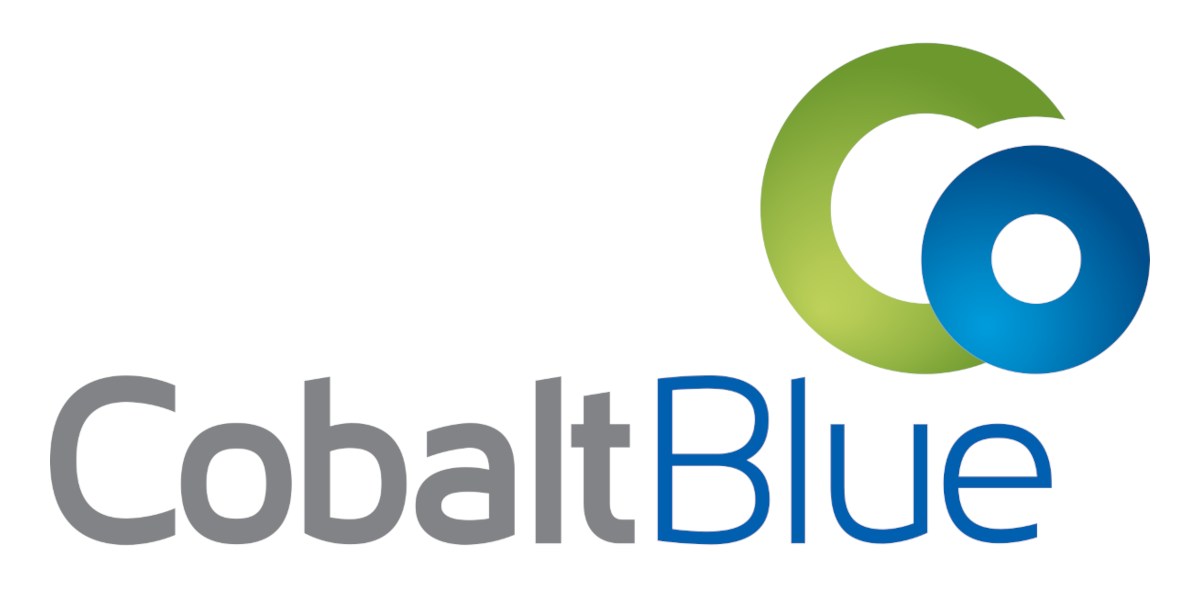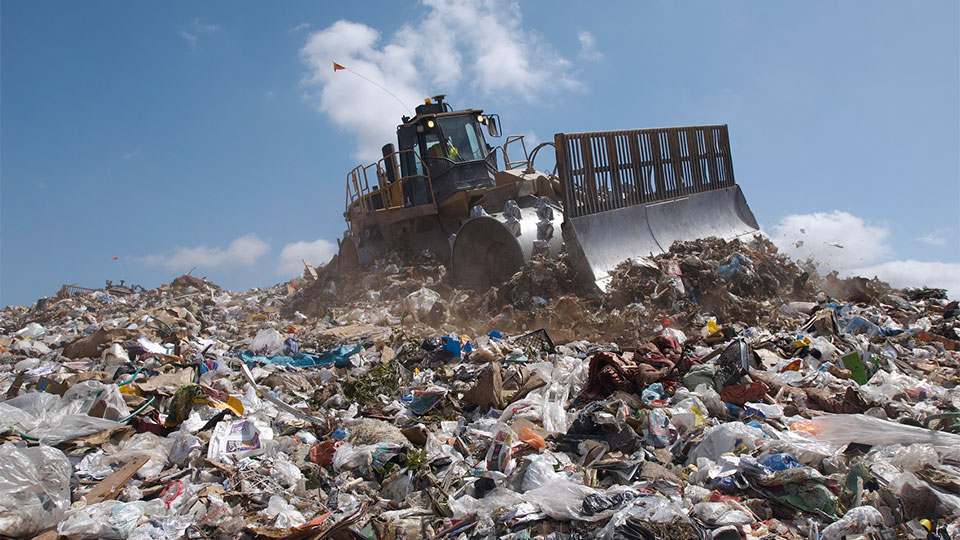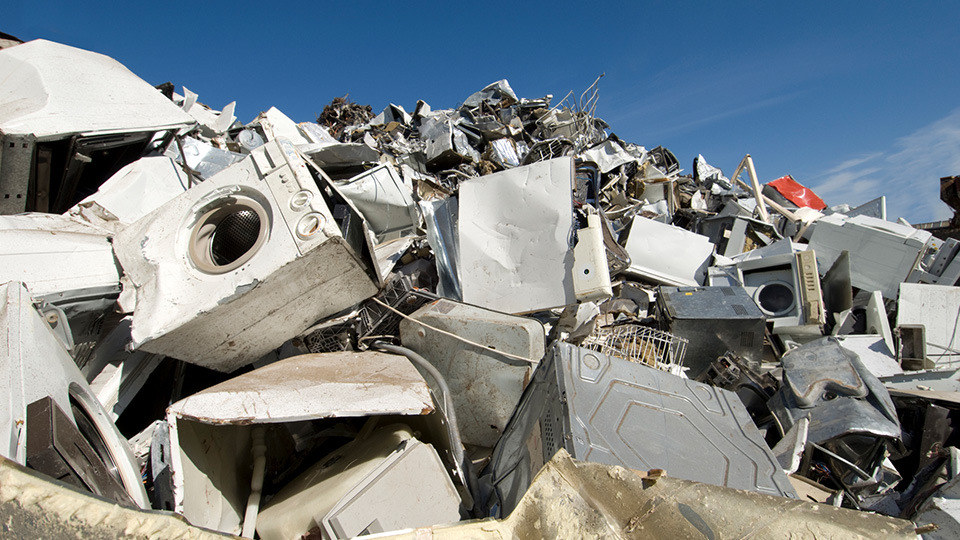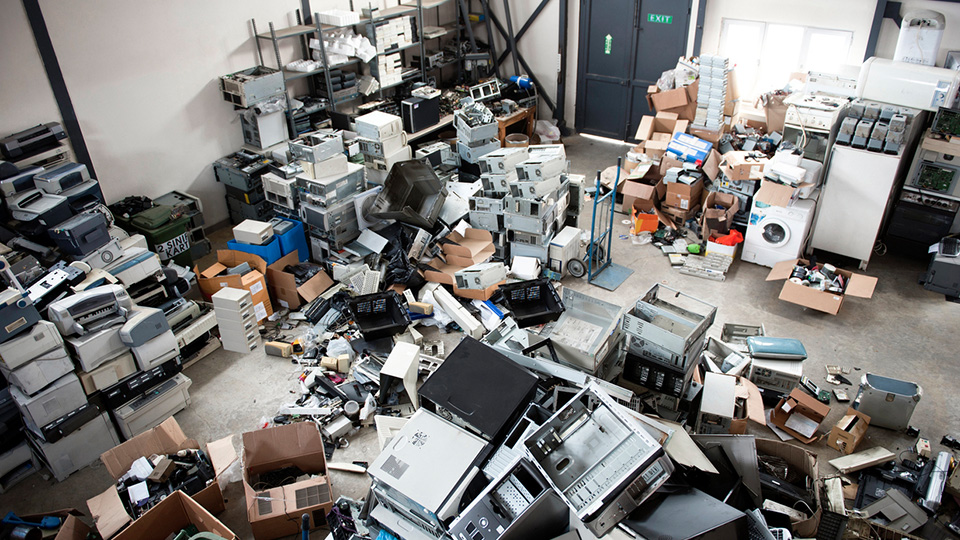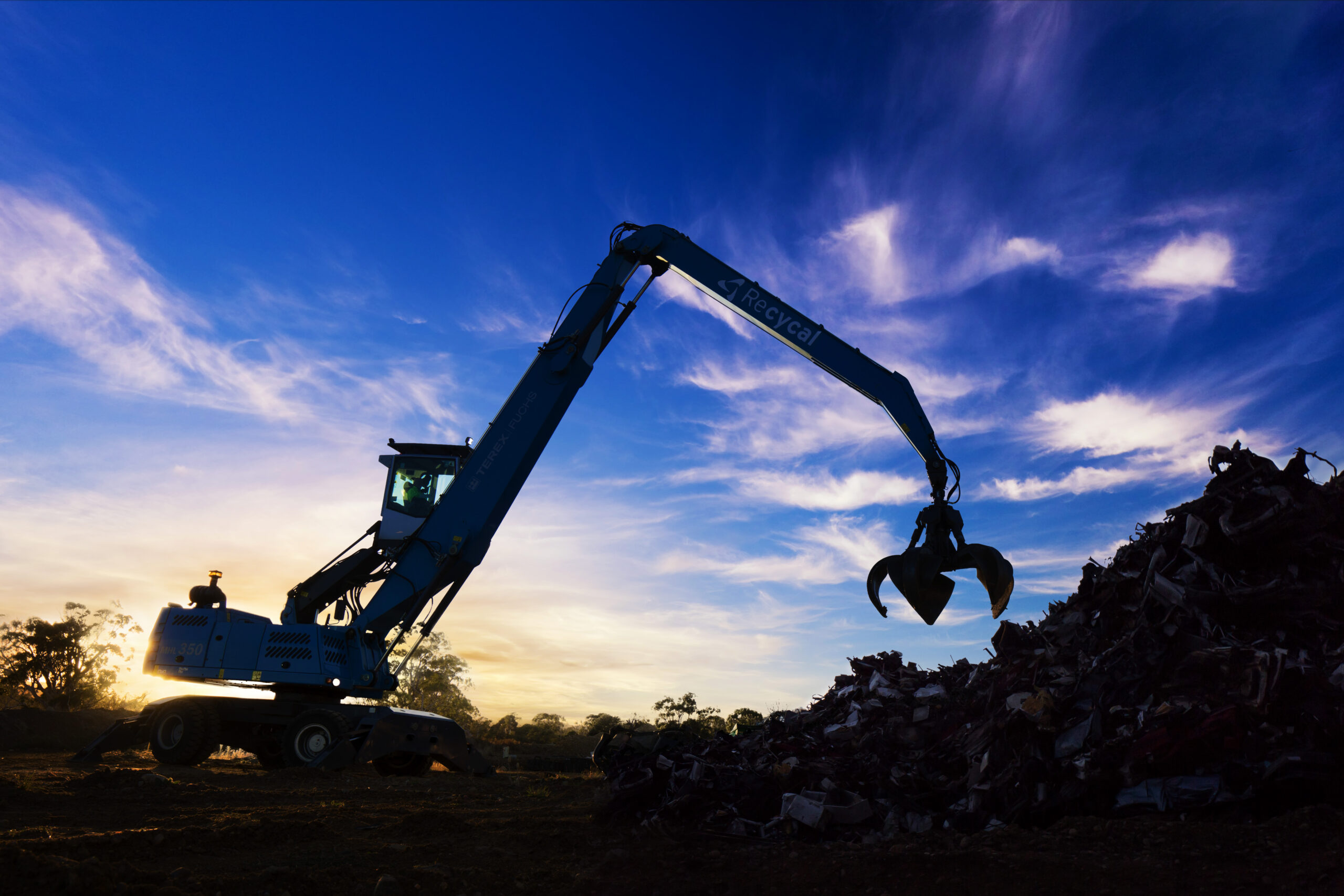It’s hard to imagine any kind of civilisation without retailing.
It’s a foundation of our economy, employing well over a million Australians, and provides every one of us with the necessities and desires of life.
One result of all this activity is the generation of large quantities of waste comprising everything from plastic wrap to cardboard cartons, food waste and disposable takeaway containers, lighting, old point-of-sale machines, shop fittings and much more.
Small retailers may need to make their own arrangements for recycling different materials.
In some cases, they can tap into local recycling programs available via recyclingnearyou.com.au.
In shopping centres, management will likely provide bins for a range of common recyclables.
Large retailers will generally have their own recycling arrangements in place.
While things like cardboard boxes, plastic, glass bottles and aluminium cans may be the first items people think of in relation to recycling, there are other types of waste that retailers can produce in large volumes. Some items are potentially dangerous but they can easily be recycled.
Lighting
Shopping centres are synonymous with bright lights. Many of those lights are fluorescent tubes, compact fluorescent lamps, or high-intensity lights such as mercury or sodium vapour lamps.
These lighting types contain mercury, a toxic metal that can persist in the environment forever.
Retail spaces and associated warehouses are one of the biggest producers of lighting waste.
Traditionally, lighting waste has been disposed of into landfill, but with state governments increasingly moving to ban mercury-containing and other e-waste from landfill, recycling is the only viable and safe alternative method of disposal.
Recycling doesn’t stop at mercury-containing lighting. All types of lighting, including old incandescent lamps, energy-guzzling halogen lights and new, energy-saving LED lamps can also be recycled.
Electronic waste (e-waste)
If something plugs into a power point or runs off batteries then it will eventually become e-waste, and retailers generate it by the truckload.
Computers, phones, display screens and old point-of-sale machines are among the most common items of e-waste that can (and should) be recycled by retailers.
Batteries
Both single use and rechargeable batteries are everywhere in retailing.
They can be found in portable EFTPOS machines, phones, tablets and laptops, as well as in emergency exit lighting.
The good news is that it is really easy for retailers to set up their own battery recycling schemes.
This can be just for their own battery waste, but even more good can be achieved if the scheme is opened up to customers, too.
Scrap metals
Aluminium drink cans are a by-product of many types of food retailing, but other scrap metals such as copper, brass and stainless steel may turn up during shop refits.
Metals are among the most easily and most in demand recyclable materials in the world.
Become a retail recycling superstar
Ecocycle can tailor simple, convenient and safe recycling solutions for retailers and centre managers for lighting, battery and other types of e-waste.
To get the ball rolling give us a call on 1300 326 292 or fill out the contact form and we’ll be in touch.
For scrap metal recycling contact our sister company, Recycal, the scrap metal experts.
For all other types of waste, don’t just toss it in the landfill bin. Check if there’s a recycling solution available by visiting businessrecycling.com.au

